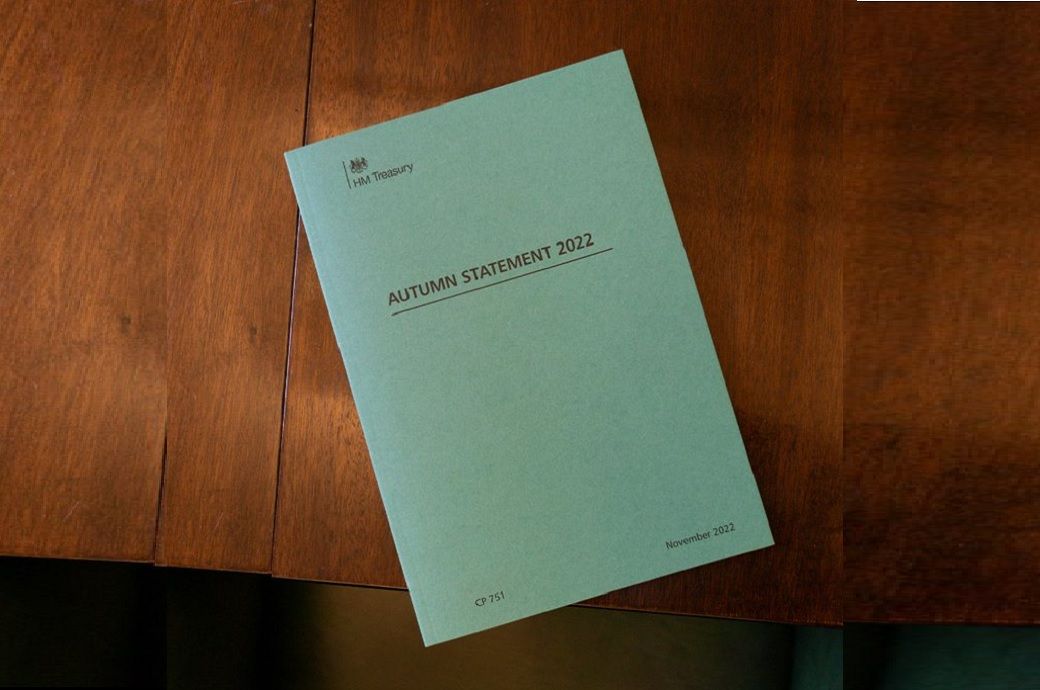
The plan he set out is designed to fight inflation in the face of unprecedented global pressures brought about by the pandemic and the war in Ukraine, an official release said.
One of the targets is to stop disruption of business growth plans.
Necessary and fair tax changes will raise around £25 billion, including an increase in the energy profits levy and a new tax on the extraordinary profits of electricity generators.
Decisions on spending set to save £30 billion, while the National Health Service and social care get access to £8 billion and schools get an additional £2.3 billion reflecting people’s priorities.
“Because of the difficult decisions we take in our plan, we strengthen our public finances, bring down inflation and protect jobs,” Hunt said.
More than eight million households on means-tested benefits will receive a cost-of-living payment of £900 in instalments, with £300 to pensioners and £150 for people on disability benefits.
The Energy Price Guarantee, which is protecting households throughout this winter by capping typical energy bills at £2,500, will continue to provide support from April 2023 with the cap rising to £3,000. With prices forecast to remain elevated throughout next year, this equates to an average of £500 support for households in 2023-24.
The national living wage will be raised by 9.7 per cent to £10.42 an hour, giving a full-time worker a pay rise of over £1,600 a year, benefitting 2 million of the lowest paid workers.
The chancellor also announced a £13.6 billion package of support for business rates payers in England. To protect businesses from rising inflation the multiplier will be frozen in 2023-24 while relief for 230,000 businesses in retail, hospitality and leisure sectors was also increased from 50 per cent to 75 per cent next year.
To help businesses adjust to the revaluation of their properties, which takes effect from April 2023, the chancellor announced a £1.6 billion Transitional Relief scheme to cap bill increases for those who will see higher bills.
To raise further funds, the chancellor has introduced tax rises of £25 billion by 2027-28. Based around the principle of fairness, all taxpayers will be asked to contribute but those with the broadest shoulders will be asked to contribute a greater share.
The most profitable businesses with the broadest shoulders will also be asked to bear more of the burden.
In addition, the government is implementing the reforms developed by the OECD and agreed internationally to ensure multinational corporations pay their fair share of tax. And as confirmed last month, the main rate of corporation tax will increase to 25 per cent from April 2023.
Responding to the chancellor’s Autumn Statement, Helen Dickinson, chief executive of the British Retail consortium, said: “High inflation remains a major threat to the UK economy, and we support the government’s objective of bringing this down. Inflation is making people poorer, damaging consumer confidence, and holding back demand. It pushes up the costs to businesses which further increases prices for consumers. As the retail industry enters the crucial Christmas period, it is vital that inflation is brought to heel.”
ALCHEMPro News Desk (DS)
Receive daily prices and market insights straight to your inbox. Subscribe to AlchemPro Weekly!